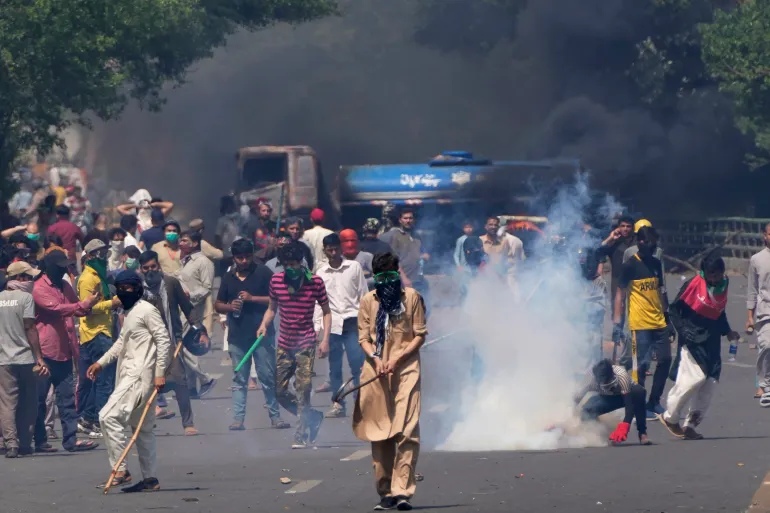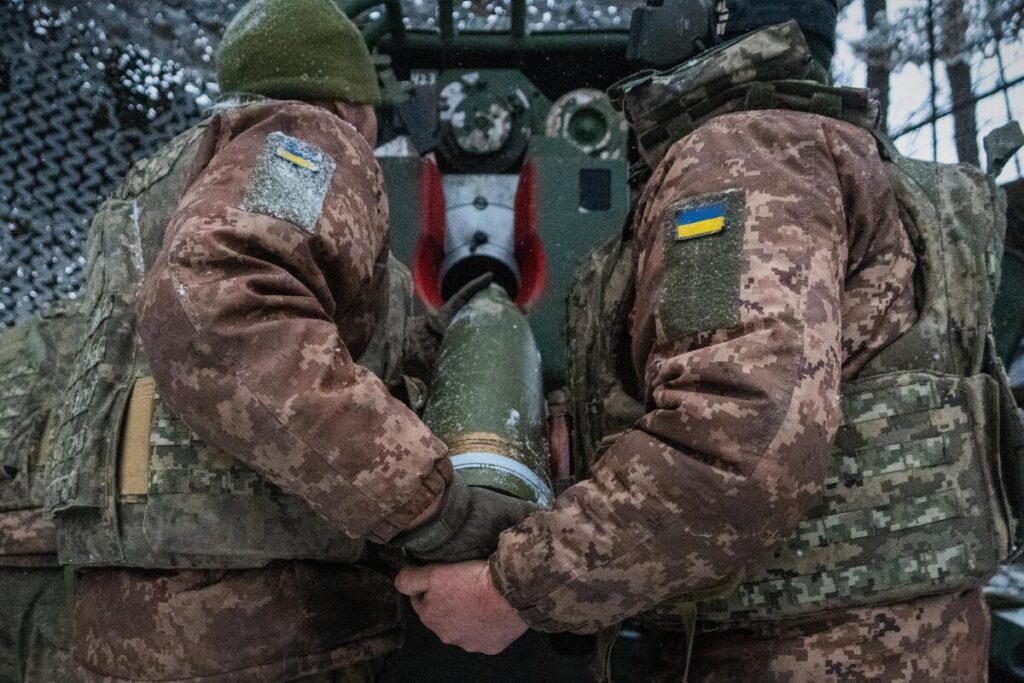US, UK, EU condemn Pakistan’s convictions for civilians: Why it matters

The United States, United Kingdom, and European Union have issued strong criticism over Pakistan’s recent sentencing of 25 civilians by a military court—calling into question both legal transparency and human rights standards.
Analysts note that those convicted were linked to the violent protests following former prime minister Imran Khan’s arrest in May 2023. Sentences handed down, ranging from two to ten years, sparked fresh debate on the expanding role of military courts in prosecuting civilians.
Washington expressed being “deeply concerned,” warning that military tribunals lack “judicial independence, transparency, and due process guarantees”. The UK echoed similar concerns, stating that trying civilians in military courts “undermines the right to a fair trial”. Meanwhile, the EU highlighted that such proceedings appear “inconsistent” with Pakistan’s obligations under the International Covenant on Civil and Political Rights (ICCPR).
Islamabad defended the convictions, saying legal rights were upheld, including access to lawyers and appeal options. Foreign Ministry spokesperson Mumtaz Zahra Baloch affirmed that Pakistan’s legal system complies with international human rights law and will continue dialogue with global partners.
Observers warn that these international rebukes carry potential repercussions. The EU has signaled that violations of human rights standards could jeopardize Pakistan’s duty-free access to European markets under the GSP+ trade scheme—potentially affecting exports by up to 20–30 percent.
The controversy comes as Imran Khan, who was removed from power in 2022 and remains jailed, continues facing trials. His supporters argue the charges are politically motivated and contend that civilian courts would offer fairer proceedings.
By Staff Writer, Courtesy of Forbes | December 24, 2024 | Edited for WTFwire.com
Sources: Al Jazeera
: 331







